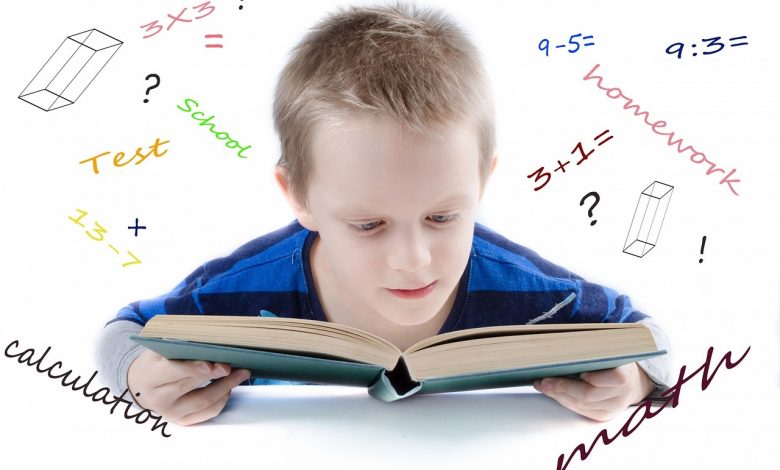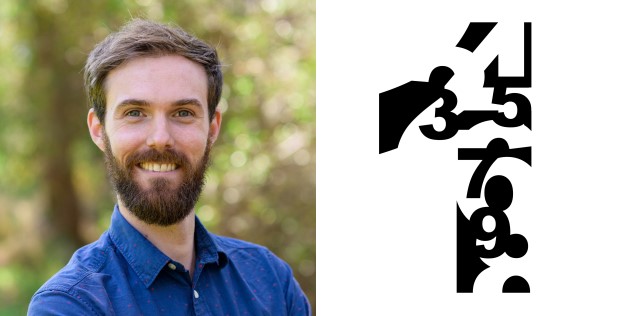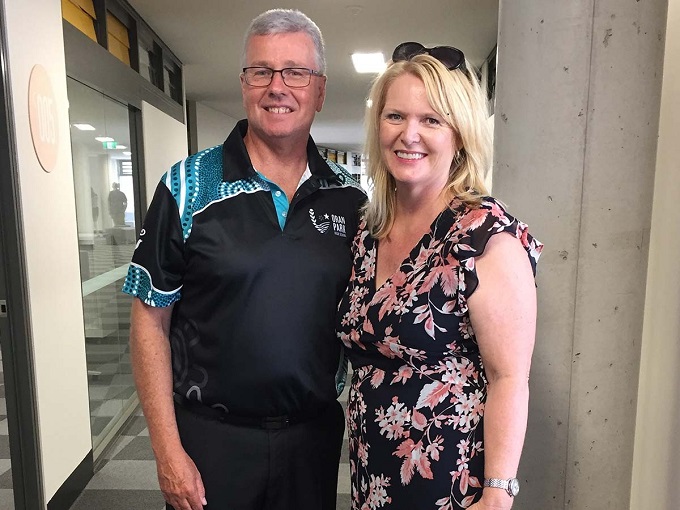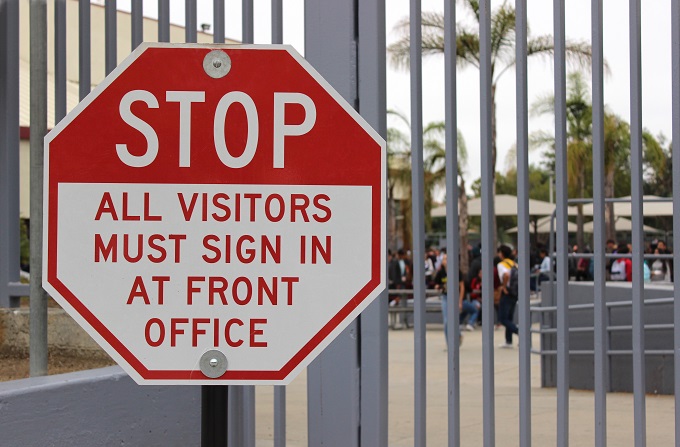
Dyscalculia (pronounced dis-cal-cue-lee-a) is a specific learning disorder consisting of a wide range of difficulties with maths, including weaknesses in understanding the meaning of numbers, and difficulty applying mathematical principles to solve problems. It develops over time and is often first noticed in the early school years as children experience persistent difficulties when beginning to learn mathematics.
Read the latest print edition of School News HERE
Approximately one child in every classroom of 20 will have dyscalculia, yet it isn’t anywhere nearly as well-known as its literary sibling, dyslexia. School News spoke with Dr Jacob Paul, Research Fellow in the School of Psychological Sciences at the University of Melbourne and director of the Maths At The Human Scale (MATHS) Lab, about why that may be:
“I can see at least two reasons why dyscalculia is less well known than dyslexia,” explains Dr Paul. “Our cultural attitudes towards maths in Australia are not particularly flattering and we don’t often place a high value on being good at maths. There may also be a perception that verbal comprehension and language communication skills are critical for many more jobs than advanced maths skills necessarily. And secondly, the general awareness of dyscalculia is lower, and it therefore receives less attention, funding, and support than dyslexia. We have better models and assessments of dyslexia, in part because it has been researched in greater detail and for a longer time.”
A lifetime dedicated to maths
It was during Dr Paul’s first job as a high school maths tutor, that he realised the struggles experienced by most students were less about difficulties with more advanced maths topics like algebra and trigonometry and more tied up in difficulties with fundamental maths concepts such as fractions, negative numbers, rounding and simplifying.
This led him to complete a PhD in Psychology, researching how numbers are encoded in the brain, as well as the mechanisms that drive individual differences in maths learning. More recently, researchers at The University of Melbourne published research from a longitudinal study, assessing maths skills in a sample of 250 children from Prep to Year 6.
“One of the main findings from this project was that already from the first year of school, children could be identified as experiencing difficulties with fundamental numerical abilities. In particular, being slower and less accurate in enumerating the number of objects in a collection, especially small numbers in the range 1-4,” explained Dr Paul. “Despite getting faster and more accurate over time, these children still tended to be slower and less accurate than their peers on this task by the end of primary school. An upside of these findings is that early identification of children who struggle with these more fundamental numerical abilities may lead to earlier intervention and provision of support.”

How does dyscalculia affect learning?
“Children with dyscalculia are often unable to transfer knowledge gained in one aspect of maths to another [which] can conflict with the design of the maths curriculum, which is based on the idea of maths knowledge being cumulative,” says Dr Paul. “Educators may need to help these children to see the links between seemingly different domains of maths e.g., drawing links between fractions, decimals, and whole numbers.”
Despite the association with numbers, dyscalculia can have an impact on a far broader range of subjects. Dr Paul explains: “Dyscalculia can also affect reading comprehension in the case of word problems. Children with dyscalculia may find it difficult to join in games or follow sports that have detailed rules for scoring. Maths is also increasingly important in Information and Communication Technology, especially in understanding concepts related to computer coding and evaluating data.”
“Following instructions such as combining different numerical amounts, as in cooking, may prove difficult. Importantly, most science disciplines inherently require a good command of maths for measurement (engineering, design), understanding probabilities (health and medicine), and mixing and combining amounts (chemistry).” Dr Jacob Paul
What teachers can look out for
Dyscalculia can be difficult to accurately diagnose until children reach middle primary and begin to encounter maths concepts involve multiple calculation steps. But Dr Paul stresses the importance of recognising early signs of struggle in more foundational abilities in order to provide early support.
The most common signs of dyscalculia in children are:
- slowed or inaccurate responses to recognising the number of objects in a collection, especially smaller numbers between 1 and 4. Children with dyscalculia may resort to individually counting rather than immediately recognising the total number,
- slower to decide which of two collections contains more objects. or which of two numerals is the larger, and often needing to count one-by-one to compare,
- being slower or making more errors in matching numerals with the correct number of objects they represent,
- difficulty spacing values in equal intervals along a number line, and
- very slow or inaccurate in solving single-digit arithmetic problems (a + b) often due to using effortful one-to-one counting strategies rather than recognising that numbers can be split and combined to simplify calculations.
The risk of overlooking dyscalculia can mean a child will likely experience difficulties progressing through the standard maths curriculum across the school years, as well as being significantly less likely in high school to choose STEM subjects that require some degree of maths.
Dr Paul also warns that “frustrations from experiencing persistent difficulties with maths may manifest as children looking like they are not putting in effort or trying to avoid challenging work. Depending on when maths activities are scheduled in the day or week, these frustrations may extend into other classroom activities. For example, if maths is usually the first activity of the day, they may resist or try to delay coming to school or if they know maths in coming up in the afternoon they may become increasingly unsettled over the day.”
What you need to know about dyscalculia
“The most important point to appreciate about dyscalculia,” says Dr Paul, “is that it appears to be a distinct, neurologically-defined disorder, mostly unrelated to a child’s general intelligence, so while they may excel in other areas, they may not “get it” when it comes to maths specifically.”
He adds: “In some cases, no amount of determination or time spent completing maths tasks without dedicated guidance and support will help them push through these difficulties. Learning maths is certainly not easy for any child and challenging material can be very engaging if it’s well structured. However, the type of challenges experienced by children with dyscalculia can exceed their capacity for learning and instead be unmotivating.”
Dr Paul is about to begin a large study that is recruiting adults with suspected dyscalculia. Participants will undertake some learning tasks and have a brain MRI to better understand what is happening at a neural level. For more information visit his website at Maths At The Human Scale (MATHS) Lab | Maths At The Human Scale Lab







